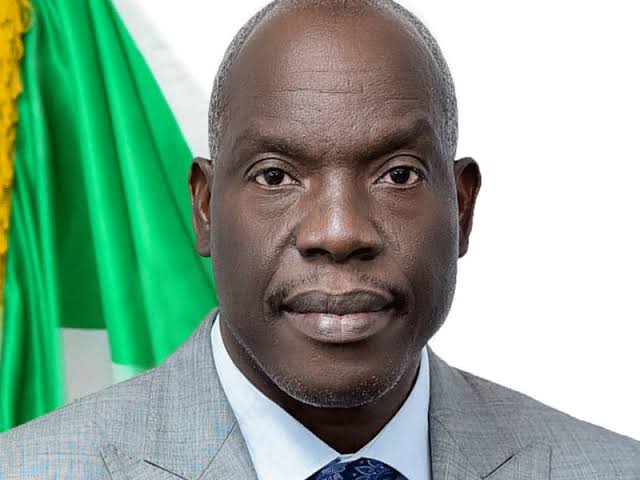Business
Nigeria’s oil output has surpassed 1.7m bpd multiple times this year – NUPRC Boss

Nigeria’s crude oil production has exceeded 1.7 million barrels per day (bpd) on several occasions in 2025, the Nigerian Upstream Regulatory Commission (NUPRC) has revealed, signaling renewed momentum in the country’s upstream sector.
The Commission’s Chief Executive, Engr. Gbenga Komolafe, disclosed this on Monday at a capacity-building workshop for journalists in Lagos. He said the rise in output, alongside a jump in rig activity and multi-billion-dollar investment decisions, reflects a sector on the rebound.
According to him, the nation’s rig count – a key indicator of upstream activity – has climbed to nearly 70, with more than 40 rigs currently active. “Final Investment Decisions valued in billions of dollars have been taken, and within the last 10 months alone, we have approved Field Development Plans worth approximately $20 billion,” he said.
Komolafe noted that Nigeria’s ability to consistently cross the 1.7 million bpd threshold demonstrates the country’s potential to outperform its OPEC production targets. He added that the Commission is committed to boosting national output by an additional one million barrels per day.
As part of this drive, the NUPRC will launch a new licensing round on December 1, 2025 — one he described as more transparent and globally competitive than the 2024 round. The exercise is expected to unlock new exploration frontiers, attract fresh investment and strengthen Nigeria’s reserves base.
The NUPRC chief also underscored the critical role of the media in shaping investor confidence in the sector. “Nigeria’s position as Africa’s leading producer depends not just on policy and geology, but also on how the nation’s story is told,” he said. “Your reporting has the power to reassure investors or deter them.”
Komolafe commended President Bola Tinubu for providing leadership in the sector but urged journalists to adopt factual, contextual and development-focused reporting that highlights the country’s opportunities and progress as well as its challenges.






